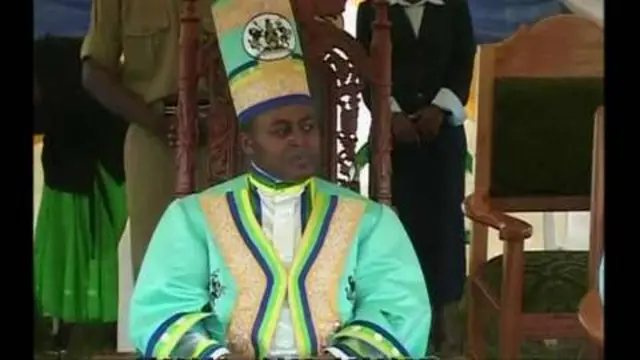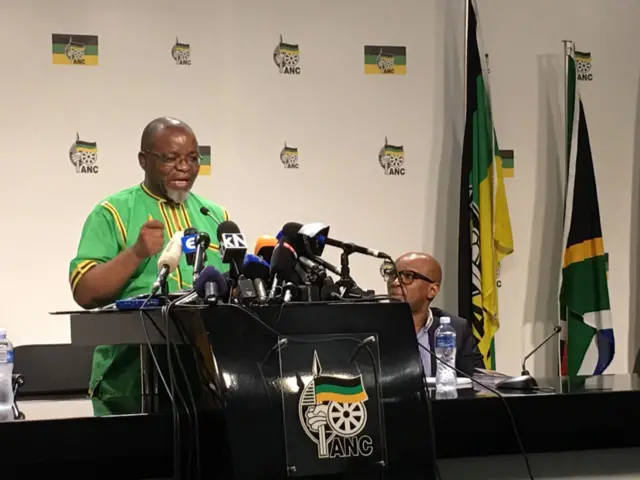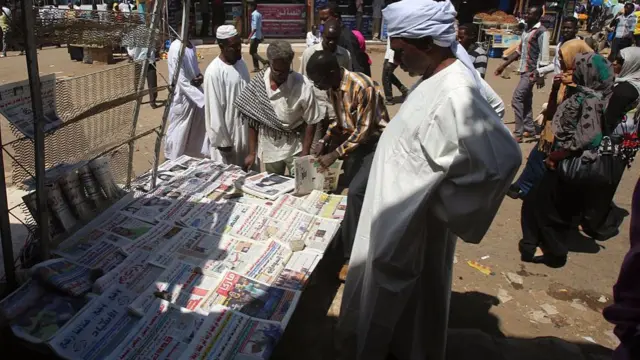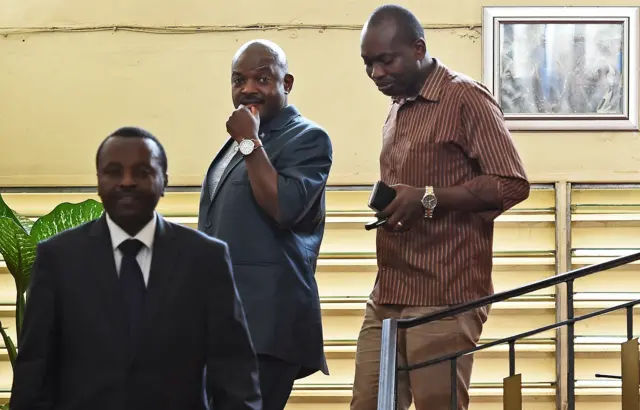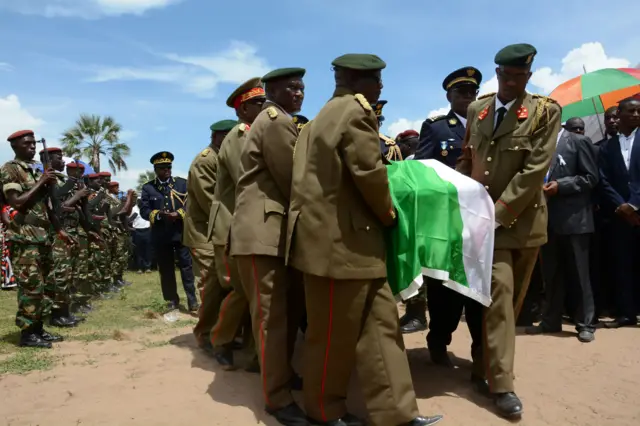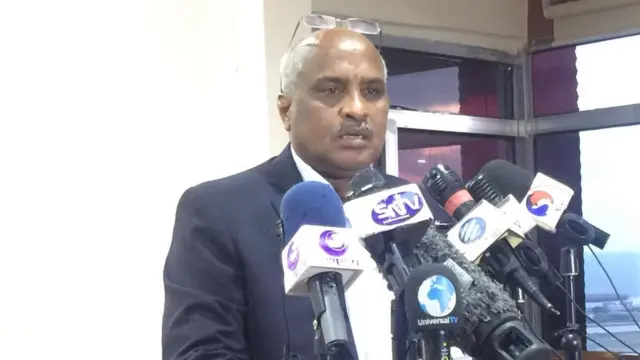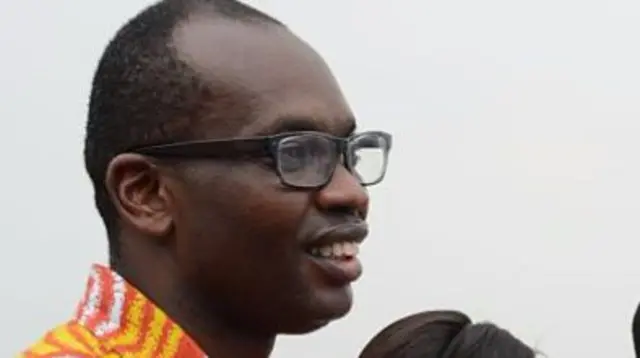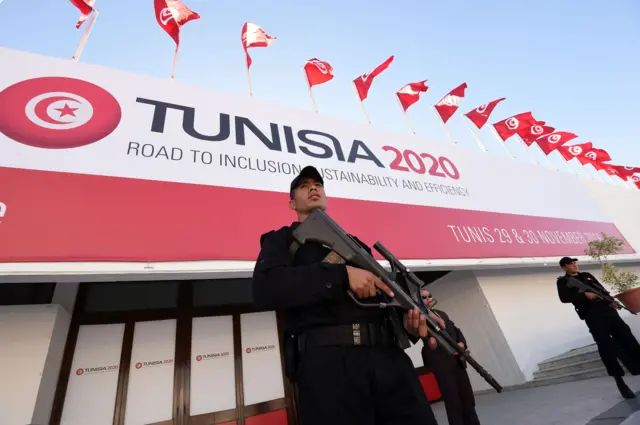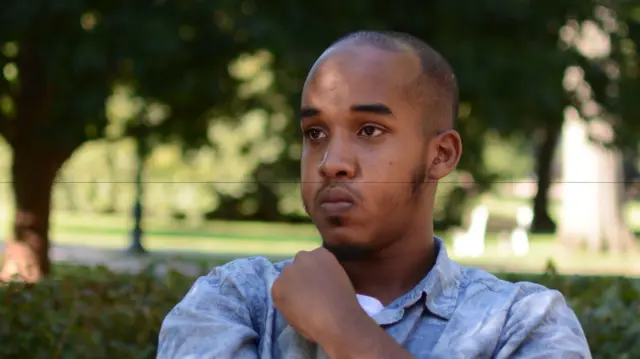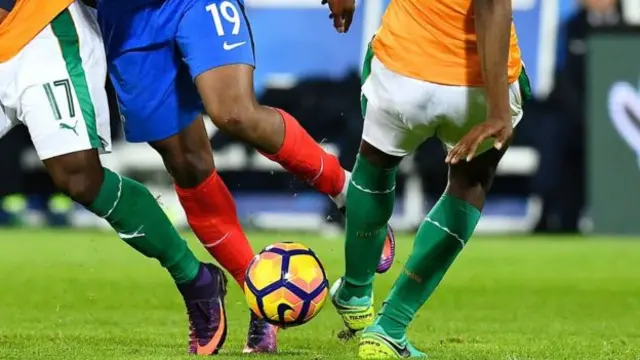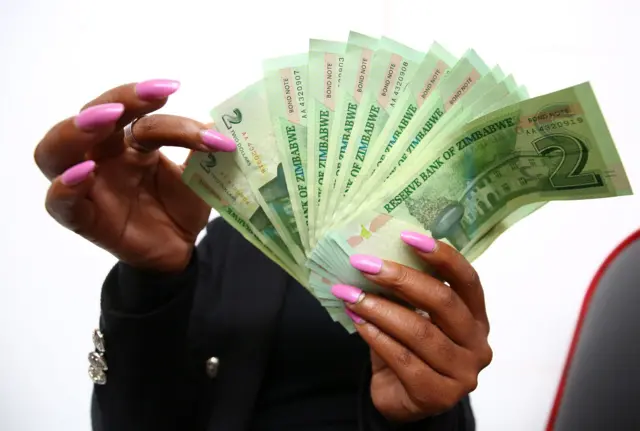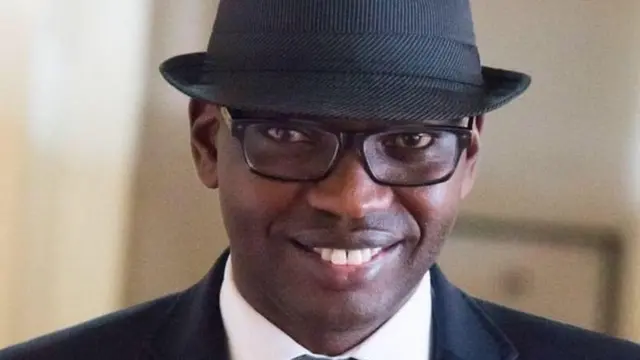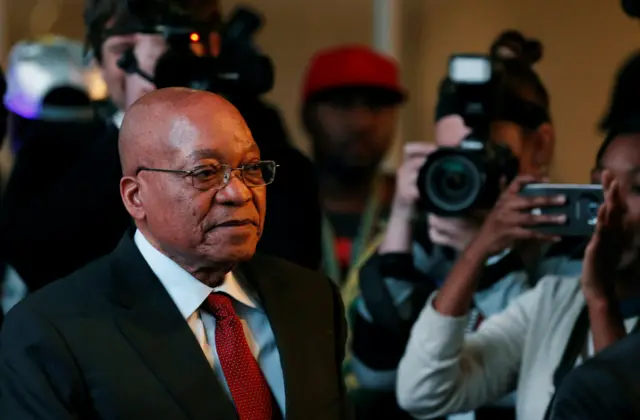DR Congo 'worst place' to be a professional footballerpublished at 13:46 GMT 29 November 2016
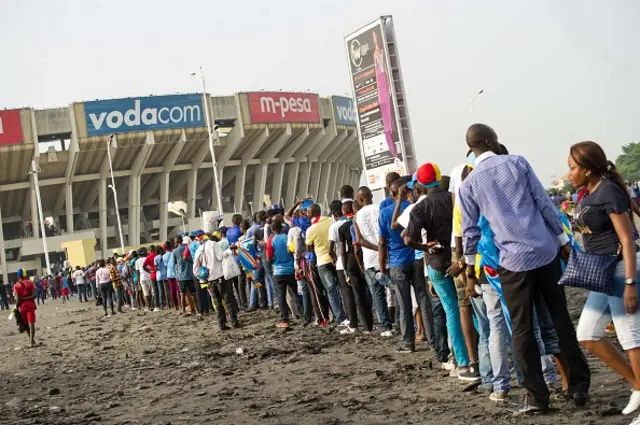 Image source, Getty Images
Image source, Getty ImagesThe 'dismal state' of professional football in the DR Congo is at odds with the great enthusiasm for the sport in the country
The Democratic Republic of Congo is the worst place to be a professional football, a major survey into global football reveals.
According to the survey by the International Federation of Professional Footballers (Fifpro), some 89% of players in DR Congo have no written employment contract.
That figure is double that of any other nation in the 54-country the survey was run.
The number of players who have experienced violent attacks by other players is three times the global average in DR Congo.
In addition, one in four DR Congo-based players say they have been attacked on a match day by fans - the survey's highest rate.
Even violence on a non-match day in the country is three times the global average.
One in five players say they have been bullied or harassed by colleagues, and the same tally say they have faced pressure to renew a contract, another figure that is unsurpassed.
Another sign of poor working conditions is that over half the Congolese players say they do not have a day off each week.
Read more: Abuse and poor pay

